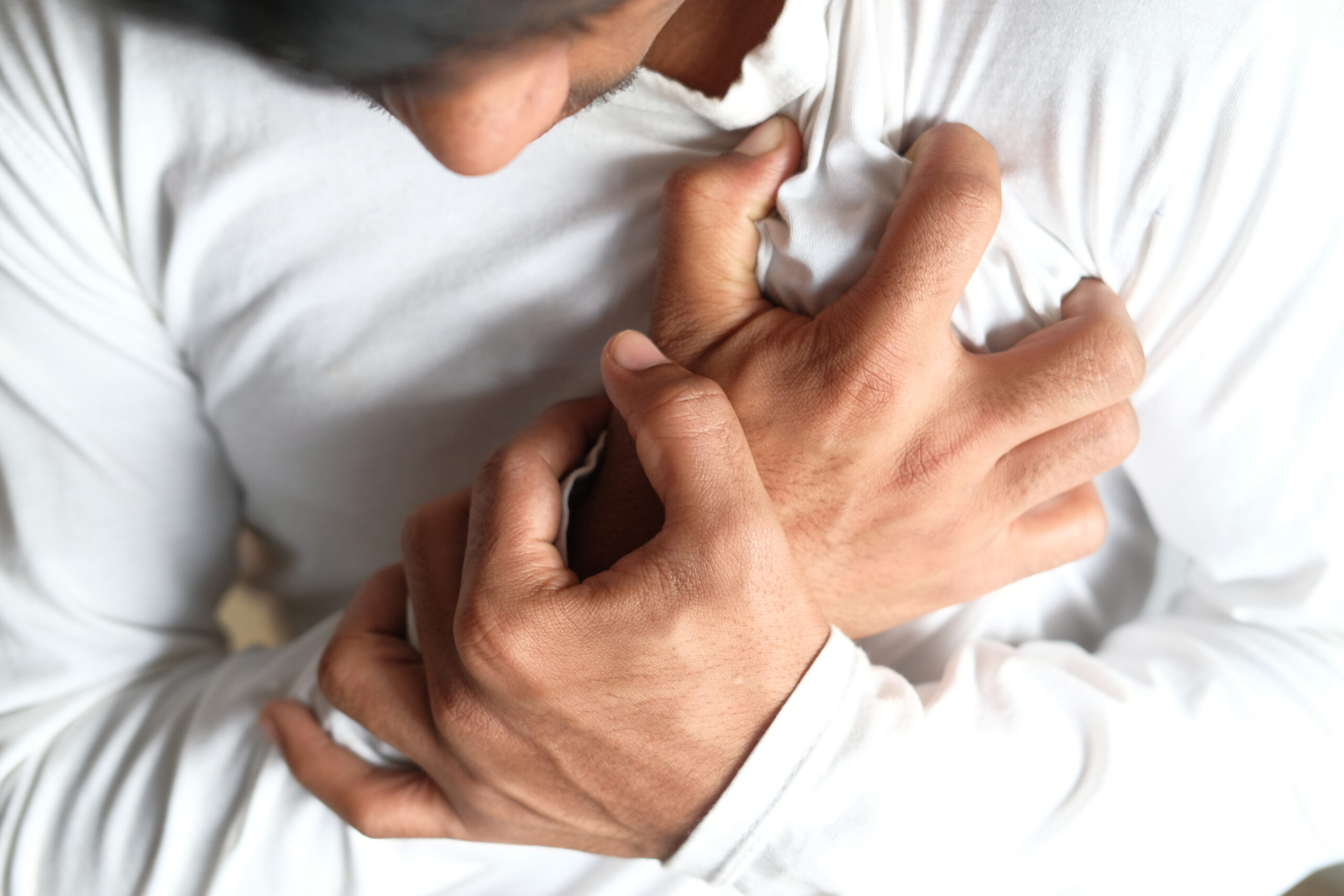
People can get chest pains for a variety of reasons ranging from non-serious to those requiring emergency care.
Some types of chest pain are because of cardiac reasons such as a heart attack or other issues arising in the heart. Noncardiac chest pains can arise from problems with other parts of the body such as the esophagus which is an organ of the gastrointestinal system. Some respiratory infections can cause lung conditions that can also cause chest discomfort or noncardiac chest pain. Here we explain some of the common reasons for chest pain associated with problems in the heart, gastrointestinal tract, and lungs.
1. Cardiac chest pains.
Chest pains can occur for a variety of heart-related conditions.
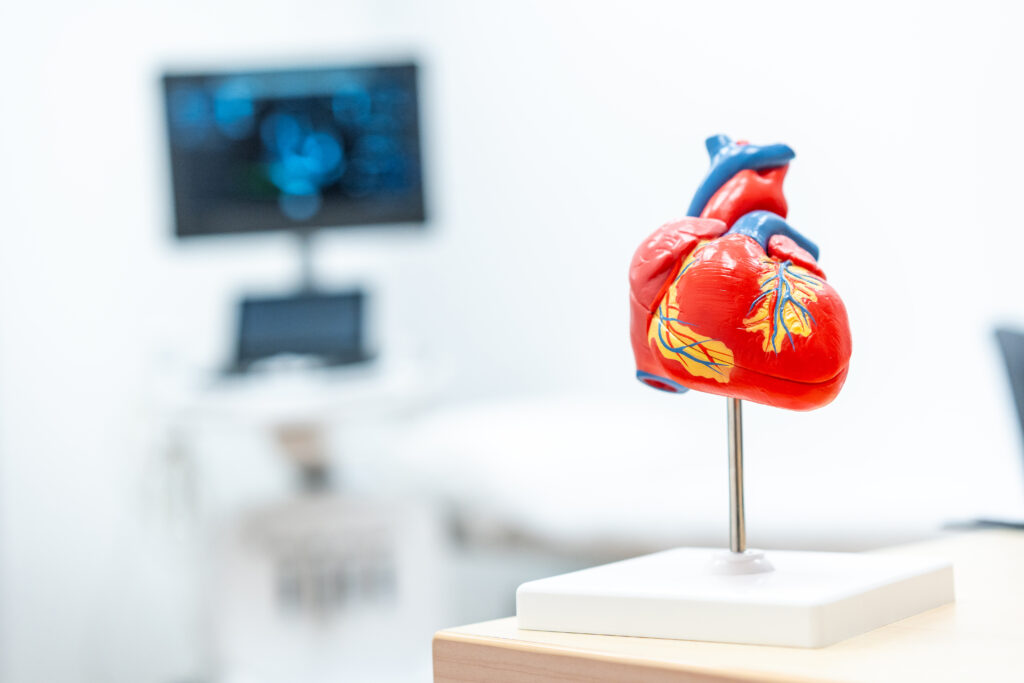
Heart attack
A heart happens when the heart muscle does not get enough oxygen and begins to die.
Symptoms
- Tightness, pressure, squeezing, pain, or discomfort in the center of the chest that lasts more than a few minutes and does not get better with rest
- Concurrent pain in the neck, back, or arms
- Shortness of breath
- Nausea or vomiting
- Dizziness or fainting
- Abnormal heartbeat
- Irregular or rapid pulse
Causes
Blood flow to the heart is blocked and one or more areas of the heart do not get enough oxygen. The tissue starts dying in the absence of oxygen.
Treatment
A heart attack is a medical emergency. Within 30 minutes of the blockage, the heart tissues start sustaining irreversible damage. Urgent medical care can be life-saving.
Myocarditis
Myocarditis is an inflammation of the heart muscle usually due to an infection that can reduce the heart’s ability to pump blood.
Symptoms
- Chest pain
- Fatigue
- Shortness of breath even at rest
- Rapid or irregular heartbeat
- Light-headedness or fainting
- Swelling of legs, feet, and ankles
- Flu-like symptoms of muscle aches, headache, sore throat, and fever.
- Diarrhea
Causes
Infection from pathogens such as viruses (e.g. COVID-19, hepatitis B and C, Human Herpes Virus 6, etc.) and bacteria (e.g. bacteria that cause Lyme disease), Staphylococcus aureus, Streptococcus, etc.). Autoimmune conditions such as lupus can cause myocarditis as well.
Myocarditis is sometimes a chronic condition.
Treatment
Some cases resolve on their own whereas others can resolve after a few months of treatment. Treatment includes corticosteroids that suppress immunity and fight inflammation, and heart medications such as beta blockers and diuretics.
Angina
Angina is chest pain that occurs due to the buildup of plaque or the presence of a blood clot in the arteries that reduces the flow of blood to the heart.
Symptoms
- Pain in the chest. This can feel like squeezing, pressing, crushing, burning, fullness, or stabbing pain.
- The pain can spread to the jaw, arms, neck shoulder, and back. Women may also feel pain in the stomach.
- Dizziness or fainting
- Nausea
- Weakness
- Shortness of breath
Causes
Atherosclerosis is a major cause of angina. Accumulation of cholesterol and other substances can build up plaque in the arteries which narrows them and reduces blood flow through them.
Treatment
To treat angina, your cardiologist or physician may prescribe medication such as nitroglycerin, beta-blockers, or calcium channel blockers.
It may not be possible for patients to differentiate between symptoms of angina and a heart attack, so when feeling these symptoms for the first time, patients should seek urgent care. If they have been diagnosed with angina, they should seek urgent care if any symptoms change as they could be having a heart attack.
Pericarditis
Pericarditis is inflammation of the pericardium- a fibro-elastic sac that surrounds the heart.
Symptoms
- Sharp or stabbing chest pain that may spread to the left shoulder and neck. The pain is generally severe and gets worse with breathing deeply and when lying down.
- Racing heartbeat
Causes
The cause of pericarditis is not known in about 90% of diagnosed cases. However, some infections such as COVID-19 and autoimmune disorders such as lupus and rheumatoid arthritis have been linked with experiencing pericarditis.
Treatment
Pericarditis can often be successfully treated as an outpatient with a week of anti-inflammatory medications such as NSAIDs. In cases where the pain cannot be resolved, surgical intervention may be needed.
2. Noncardiac chest pain
Chest pains that occur because of reasons other than issues with the heart are called noncardiac chest pains. They can happen for a variety of reasons ranging from muscle strain due to exercise to panic attacks. However, the most common noncardiac chest pains are due to problems with the gastrointestinal system or the lungs. Respiratory infections can also cause chest pain or discomfort.
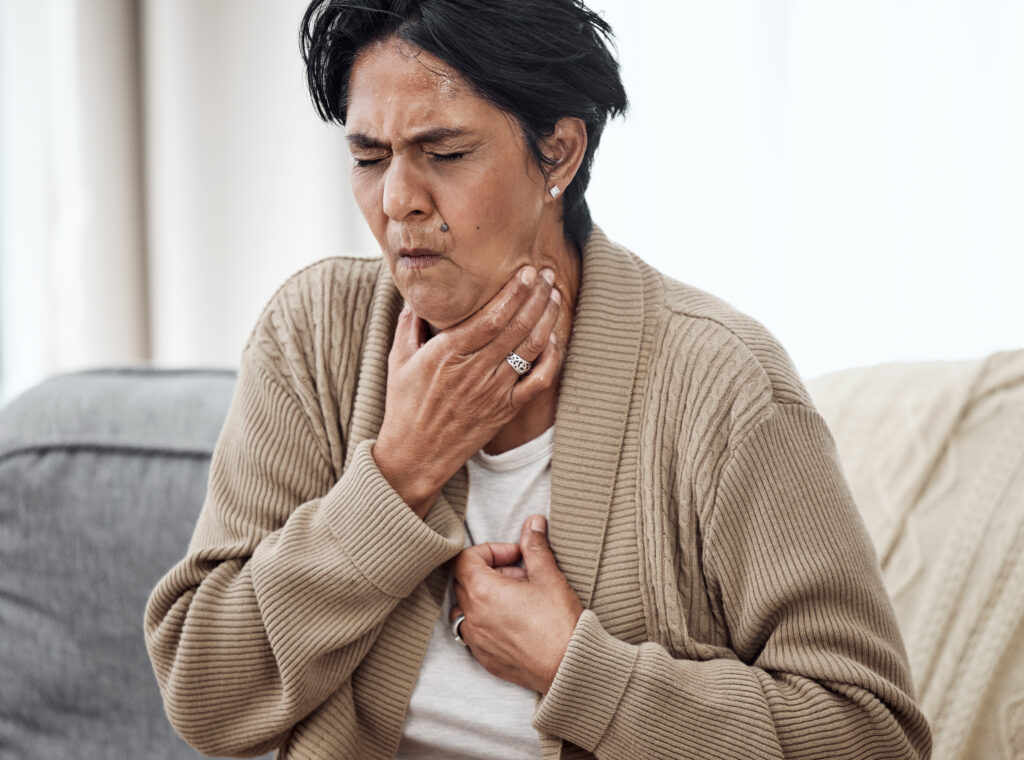
Noncardiac chest pain due to gastrointestinal conditions
Chest pain can be caused by a variety of gastrointestinal (GI) conditions such as indigestion, gallstones, and ulcers. But one of the most common causes of GI-related chest pain is gastroesophageal reflux disease (GERD).
GERD accounts for 50-60% of the cases of noncardiac chest pain. In this condition, the stomach acids are regurgitated back into the esophagus (acid reflux). The condition is chronic and irritates the esophagus over time. It causes pain through the same nerves that are affected in cardiac chest pains. Therefore, chest pain due to GERD symptoms can be sometimes mistaken for chest pain due to heart-related problems.
Symptoms
- Chest pain that feels better upon sitting and standing and feels worse when lying down or bending especially after a meal.
- Burning sensation in the chest
- Burning sensation in the stomach
- Frequent belches
- Sore throat, burning feeling in the throat, or bad taste in the mouth due to backwash of stomach acid
Causes
The sphincter at the bottom of the esophagus normally allows food and fluids to flow into the stomach and keeps stomach acids from flowing up into the esophagus. Mechanical issues with the sphincter can cause GERD.
Treatment
Your physician may prescribe medications such as proton pump inhibitors that reduce how much acid is made by your stomach. They may also recommend making a diet journal so you can identify which foods trigger GERD for you.
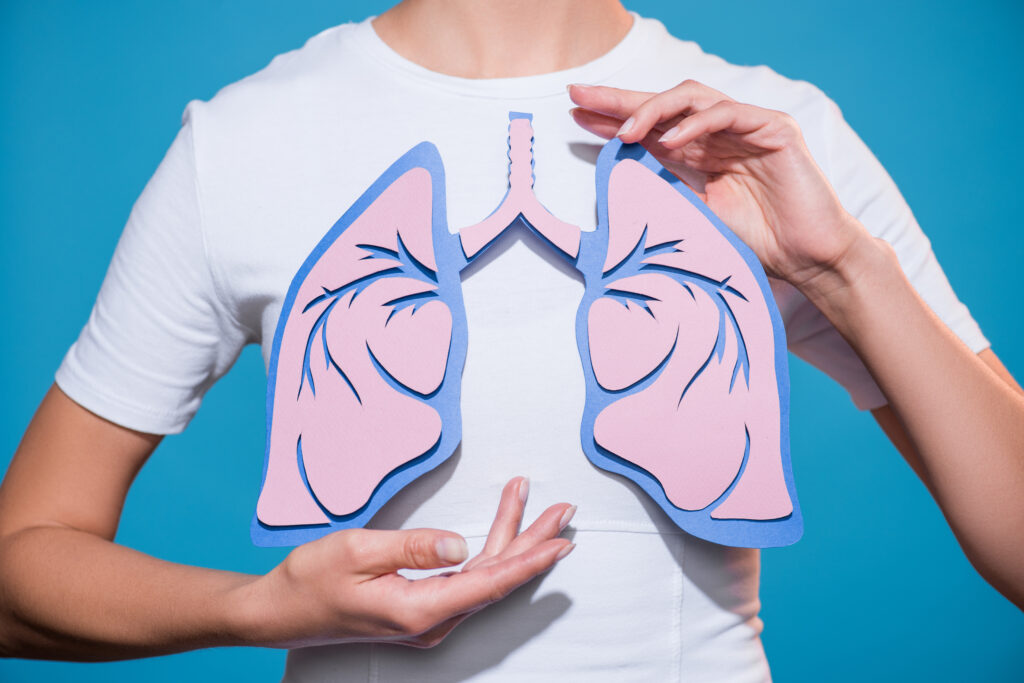
Noncardiac chest pain due to lung conditions
Many lung diseases and infections can trigger chest pains or discomfort.
- Pneumonia can cause sharp or stabbing chest pain. The pain can get worse when breathing deeply or coughing.
- Acute bronchitis is inflammation in the main airways (bronchi) of the lungs. It can cause pain or discomfort in the chest. Acute bronchitis is also called a chest cold.
- Pleurisy is the inflammation of the lining of the lungs. It can cause sharp chest pain. The most common reason for pleurisy is viral infections such as the flu or pneumonia (viral or bacterial).
- Pulmonary embolism is an emergency health condition that arises due to a material such as a blood clot getting lodged in an artery of the lungs. The clot is often formed in another area of the body and travels to the lungs. Pulmonary embolism causes a sharp stabbing pain in the chest and needs emergency medical care.
- Asthma can cause a dull or sharp pain in the chest. The pain is felt just before or during an asthma attack.
- A collapsed lung can be a cause of sharp pain in the chest and shoulder which can get worse when breathing deeply or coughing. It happens when air leaks outside the lungs due to an injury or accident. Depending on the extent of the injury, it may heal on its own over time with oxygen supplementation. Sometimes, surgery may be required for recovery.
Chest pain due to cardiac complications caused by respiratory infections
Chest pain in someone suffering from acute COVID-19 or flu could indicate serious cardiac complications.
Respiratory infection from COVID-19 can contribute to experiencing heart attacks. The SARS-CoV-2 virus that causes COVID-19 can infect heart cells directly.
Flu, another viral infection, also increases the likelihood of experiencing an acute cardiovascular event. Depending on the intensity of the infection and the viral load, flu infection can cause heart-related complications such as heart attack or cardiac arrest. The connection between flu and heart complications has been consistently derived by independent studies. Cardiac events are regularly observed in a subset of patients hospitalized for flu.

When to seek urgent medical care
Chest pain can happen for a variety of issues related to the heart, lungs, etc. However, it should always be monitored carefully as it could be a sign of serious and life-threatening health problems that require emergency care.
Call 911 or head to the ER if you or someone close to you have the following symptoms:
- Chest pain with pain in arms, neck, or jaw that lasts more than 5 minutes
- Irregular heartbeats
- A sensation of squeezing, tightening, or crushing in the chest
- Dizziness or fainting
- Shortness of breath
- Nausea or vomiting
- Weakness
- Extreme chest pain for any reason.
Things to keep in mind if you need emergency care
A heart attack is an urgent situation. It can start doing irreversible damage to the heart within 30 minutes of the arterial blockage. On average, people wait about 3 hours after they experience the symptoms of a heart attack before they seek urgent care. Damage to the heart can cause fatality or make the patient more susceptible to another heart attack in the future.
If you have chest pains, do not drive to the ER yourself. It is better to get a ride.
If you suspect that you or someone close to you is having a heart attack or cardiac arrest, immediately call 911 and request an ambulance. The EMTs and paramedics on board can help stabilize the patient so they can get care on the way to the hospital and quick treatment thereafter.
The information provided in our blog posts is for informational purposes only and is not intended as a substitute for professional medical advice, diagnosis, or treatment. Always seek the advice of your physician or other qualified health provider with any questions you may have regarding a medical condition. Never disregard professional medical advice or delay in seeking it because of something you have read on this blog.
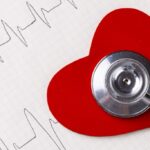 Can the flu cause heart damage?
Prev post
Can the flu cause heart damage?
Prev post





